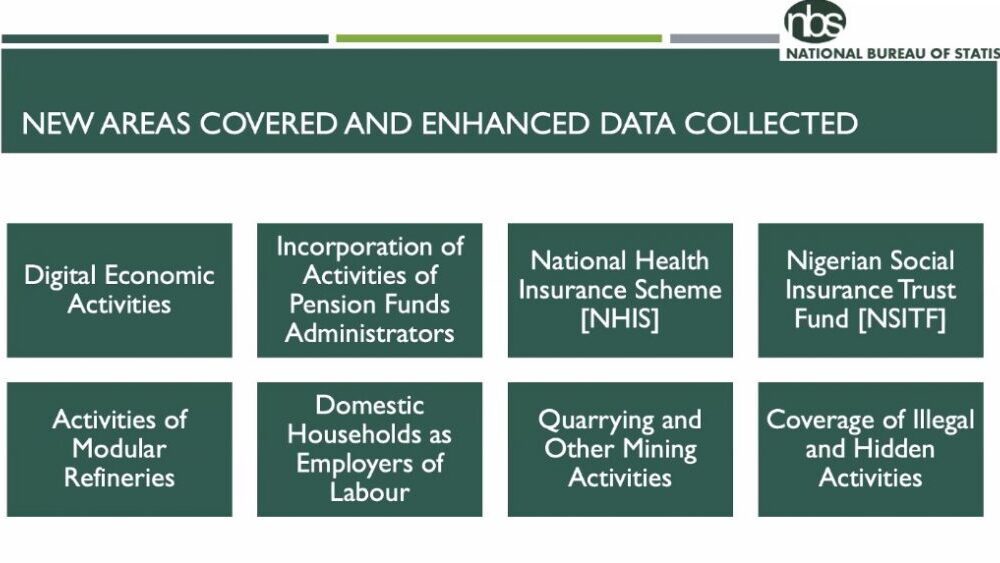The President of the Nigerian Economic Society (NES), Professor Adeola Adenikinju, has urged the Federal Government to prioritize direct cash transfers to the poor while ramping up capital spending in the 2025 budget.
Speaking during an interactive session with the Senate Committee on Appropriation, Professor Adenikinju described these measures as pivotal for alleviating poverty and driving sustainable economic growth.
The session, held in Abuja on Thursday, was part of deliberations on the proposed ₦49.7 trillion ‘Budget of Restoration,’ which President Bola Tinubu submitted in December 2024.
The budget aims to tackle Nigeria’s economic challenges while laying the groundwork for structural reforms.
“Targeted cash transfers to the poor can deliver immediate relief to millions facing economic hardship,” Professor Adenikinju said. “At the same time, increased investment in infrastructure and other capital projects will stimulate job creation and boost long-term economic productivity.”
The NES president also highlighted Nigeria’s pressing revenue challenges, stressing that the government must implement bold, innovative measures to unlock economic potential and stabilize the fiscal environment.
The interactive session featured contributions from lawmakers, economic experts, and civil society organizations. Senator Adeola Olamilekan, Chairman of the Senate Appropriation Committee, commended the budget’s ambition, calling it “a roadmap to economic restoration.”
He affirmed the Senate’s commitment to supporting President Tinubu’s administration in addressing revenue shortfalls and stabilizing the economy.
“The projections in this budget are daring but achievable. We are focused on delivering an economic framework that fosters growth and inclusion,” Senator Olamilekan stated.
Senate President Godswill Akpabio reinforced this optimism, pledging the 10th Senate’s dedication to the administration’s fiscal agenda. However, Minister of Budget and Economic Planning, Atiku Bagudu, cautioned against relying solely on cash transfers to combat poverty. He emphasized policies that promote business growth and entrepreneurship as more sustainable poverty-alleviation strategies.
“Empowering businesses is the key to creating jobs and reducing poverty on a large scale,” Bagudu argued. “While cash transfers provide short-term relief, our focus must remain on strengthening the private sector and fostering economic activity.”
This stakeholders’ meeting marks a historic approach to fiscal planning in the National Assembly, fostering collaboration among lawmakers, economists, and civil society. Participants agreed that balancing social welfare initiatives with robust capital investment is crucial to achieving the goals of the 2025 budget.
As the Senate works toward finalizing the fiscal plan, the session underscored the importance of building consensus on policies that can deliver both immediate and long-term economic benefits.
The 2025 budget presents an opportunity to not only address Nigeria’s current challenges but also lay the foundation for a more inclusive and resilient economic future.


